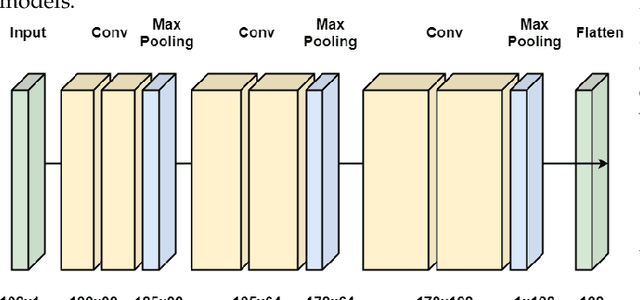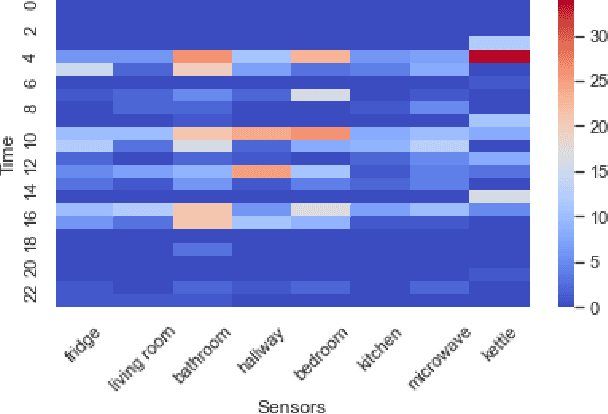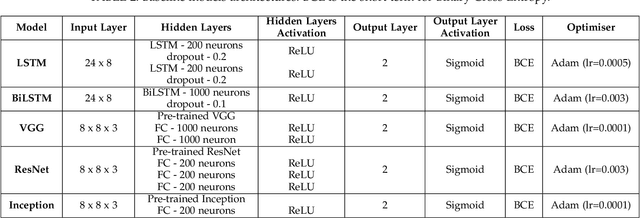Semi-supervised Learning for Identifying the Likelihood of Agitation in People with Dementia
Paper and Code
May 14, 2021



Interpreting the environmental, behavioural and psychological data from in-home sensory observations and measurements can provide valuable insights into the health and well-being of individuals. Presents of neuropsychiatric and psychological symptoms in people with dementia have a significant impact on their well-being and disease prognosis. Agitation in people with dementia can be due to many reasons such as pain or discomfort, medical reasons such as side effects of a medicine, communication problems and environment. This paper discusses a model for analysing the risk of agitation in people with dementia and how in-home monitoring data can support them. We proposed a semi-supervised model which combines a self-supervised learning model and a Bayesian ensemble classification. We train and test the proposed model on a dataset from a clinical study. The dataset was collected from sensors deployed in 96 homes of patients with dementia. The proposed model outperforms the state-of-the-art models in recall and f1-score values by 20%. The model also indicates better generalisability compared to the baseline models.
 Add to Chrome
Add to Chrome Add to Firefox
Add to Firefox Add to Edge
Add to Edge